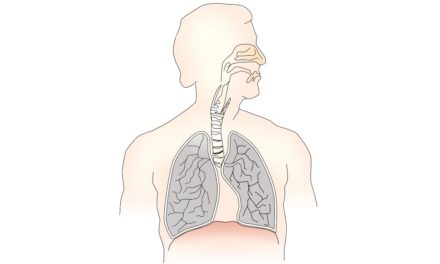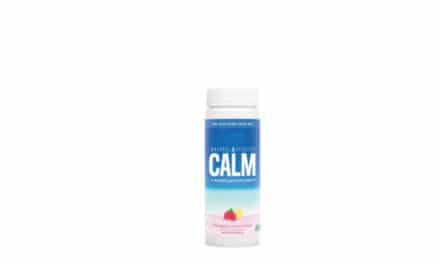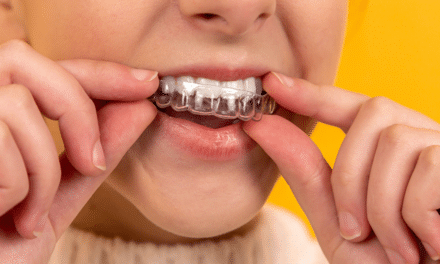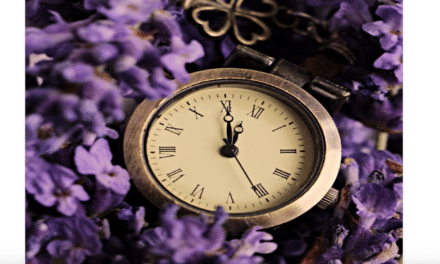I have recently been watching multiple podcasts from Andrew Huberman and wanted to share some of the tips I have implemented from his sleep tool kit. They have significantly improved my sleeping quality and reduced the time it takes me to fall asleep. Through this blog, I will discuss the most useful tips summarized in this Huberman Lab newsletter and give some insight into what it has been like for me.
Viewing Sunlight
The first tip is to view sunlight within 30-60 minutes of waking and to repeat this in the late afternoon before sunset. View morning and afternoon sunlight for 10 minutes on bright and cloudy days. On cloudy days do this for 20 minutes, and 30-60 minutes on overcast days. If you wake up before the sun is out and want to help yourself wake up. Turn on artificial lights and then follow the strategies after the sun rises. If you live in a place with minimal light, purchasing a quality artificial light source that mimics daylight might be useful. You do not have to look directly at it if it is painful; instead, look a little away from the sun. Make sure not to wear sunglasses or a brimmed hat, as this will not be as effective for your circadian rhythm.
I am not as consistent with the afternoon light, but the first thing I do in the morning is go outside to get sunlight. The longest I am outside is normally around 20-30 minutes.
Consistent sleep and wake-up times
The second tip is to wake up and sleep at the same time each day. Ensure you avoid going to sleep long after you feel tired; instead, identify your sleep chronotype and what time helps you sleep well. I sleep at 10 PM and wake up at 7 AM each day. Sometimes I stay out later than this time, but I try to be as consistent as possible.
Avoid Caffeine Within 8-10 Hours of Bedtime
The fourth tip is to drink caffeine 8-10 hours before you sleep. I drink caffeine, normally coffee or green tea, during my late breakfast between 10 AM and 12 PM. Since I sleep at 10 PM, 10 hours before this is 12 PM, the latest I drink caffeine. It is probably even better to drink coffee well before this. In the podcast, not the newsletter itself, Andrew Huberman recommends not drinking coffee until at least 1-2 hours after waking up to avoid messing with your circadian clock at the beginning of the day. I try to switch up my caffeine sources or do not drink any caffeine at all, as I feel this helps me sleep better and not feel addicted to caffeine.
Avoid Viewing Bright Lights between 10 PM AND 4 AM
The fifth tip is to avoid bright lights, especially bright overhead lights. The simple rule is to use as little artificial light as you need to avoid harming yourself and complete the task you need to have done. I suggest avoiding bright lights 1-2 hours before sleep and wearing blue light blockers to minimize the bright light’s interference. I normally use Himalayan red rock salt lamps or my phone’s flashlight on the lowest intensity. Andrew Huberman recommends moonlight and candlelight. As a fun experiment, you could turn one day a week into a candle-only evening where you cannot use any other light source.
Limit Daytime Naps
The sixth tip is to limit daytime naps to less than 90 minutes or avoid napping. While I do not nap often, I will nap for about 30-60 minutes if I am tired enough. Napping in the afternoon, instead of evening, prevents the nap from interfering with my sleep and helps me feel rejuvenated.
Falling Back Asleep
The seventh tip is to use an NDSR (non-deep sleep rest) protocol when you wake up in the middle of the night and cannot fall back asleep. Andrew Huberman has an excellent youtube video for an NDSR protocol that helps relax me. While NDSR protocols and meditation help me, I cannot fall asleep sometimes. Something else I have enjoyed recently is turning on my Himalayan red rock salt lamp and reading a chapter of a fiction book. Doing this makes me feel tired and helps me fall asleep quickly.
Keep Your Bedroom Cool And Dark
The final tip I will cover is improving your sleep environment so it helps you sleep. Your body needs to decrease the temperature to help you fall and stay asleep. Make sure to keep your room cool, and if you are cold, you can layer blankets and remove them as needed throughout the night. You may also benefit from removing your hands or arms from the blankets to stay cool. Keeping the room dark prevents any light from interfering with your sleep. I use a light quilt in the summer and stack blankets under and over the quilt in the winter to keep warm.
Being too hot and having light in my room are the biggest contributing factors to my inability to fall asleep and poor overall sleep. I cover any stray lights with tape and turn off power outlets. I have a curtain and security shutters and taped the cracks in my door to reduce the light in my room.
Other Tips
There are a few other tips in the newsletter that I have not covered because they are not as relevant to me. You may benefit from taking a range of supplements recommended in the newsletter. Drinking alcohol and most sleep medications mess with your sleep, so avoid this as much as possible. I do not take any sleep medication or drink alcohol. You may have different sleep times as you age, in different seasons across the year, when you are sick, and based on your body’s strain from the previous day. It is normal for sleep needs to fluctuate. Expect to feel alert 1 hour before your natural bedtime, a normal phenomenon sleep researchers have observed. It will pass, but you can help it pass by relaxing, such as by stretching, meditating, or reading a book.
Final Insights On Sleep Improvements
You can utilize multiple strategies to improve your sleep, but the tips I discussed in this blog have been helpful in further improving my sleep quality. I added these to taking magnesium before sleep, meditating, stretching, rolling out, and more. I encourage you to find the most impactful strategies for you and utilize them in your daily life. My favorites of those I discussed today are avoiding bright lights, getting morning sunlight, consistent sleep and wake times, and keeping the room cool and dark.





